The voice of Twitter: observable subjective well-being inferred
Por um escritor misterioso
Descrição
As one of the major platforms of communication, social networks have become a valuable source of opinions and emotions. Considering that sharing of emotions offline and online is quite similar, historical posts from social networks seem to be a valuable source of data for measuring observable subjective well-being (OSWB). In this study, we calculated OSWB indices for the Russian-speaking segment of Twitter using the Affective Social Data Model for Socio-Technical Interactions. This model utilises demographic information and post-stratification techniques to make the data sample representative, by selected characteristics, of the general population of a country. For sentiment analysis, we fine-tuned RuRoBERTa-Large on RuSentiTweet and achieved new state-of-the-art results of F1 = 0.7229. Several calculated OSWB indicators demonstrated moderate Spearman’s correlation with the traditional survey-based net affect (rs = 0.469 and rs = 0.5332, p < 0.05) and positive affect (rs = 0.5177 and rs = 0.548, p < 0.05) indices in Russia.
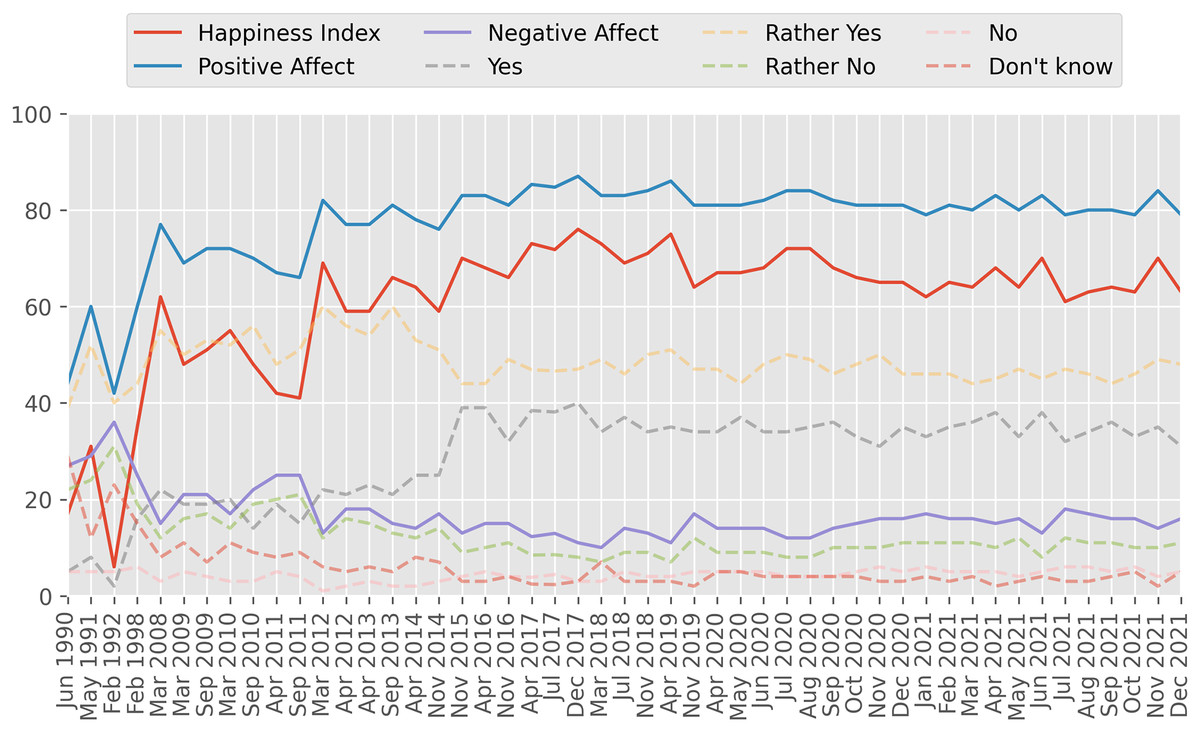
The voice of Twitter: observable subjective well-being inferred from tweets in Russian [PeerJ]

Developing insights from the collective voice of target users in Twitter, Journal of Big Data
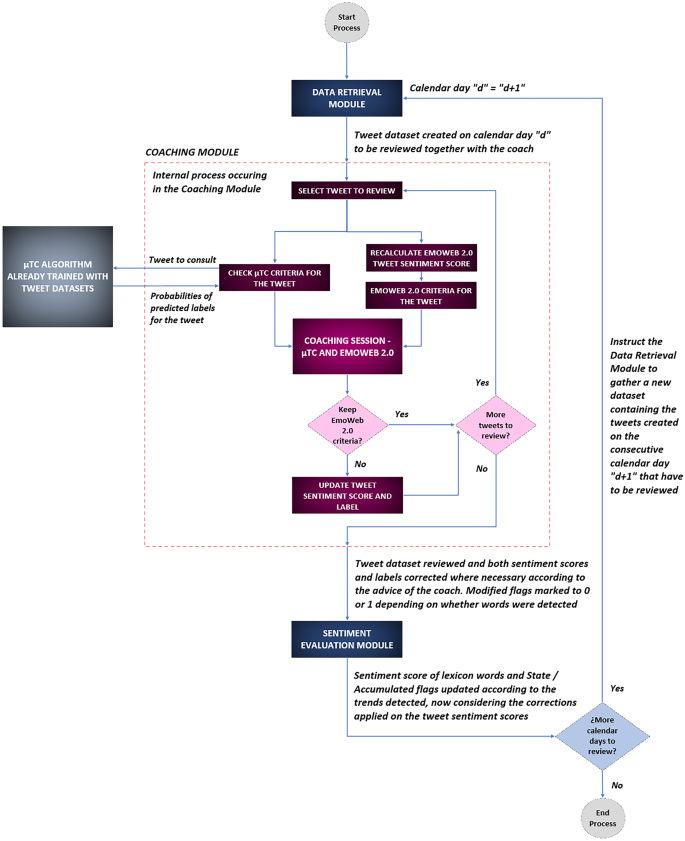
Improving Sentiment Classification Performance through Coaching Architectures

The voice of Twitter: observable subjective well-being inferred from tweets in Russian
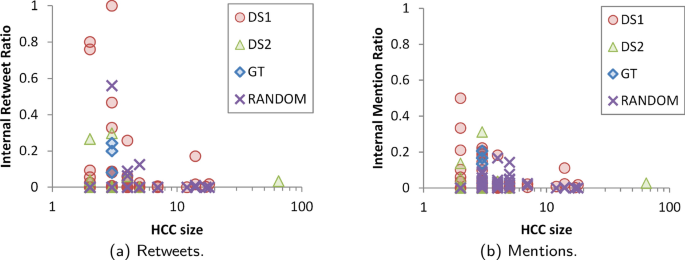
Amplifying influence through coordinated behaviour in social networks

Gender distribution for Odnoklassniki audience in 2021. Source: [127].

Are Climate Models Overstating Warming?
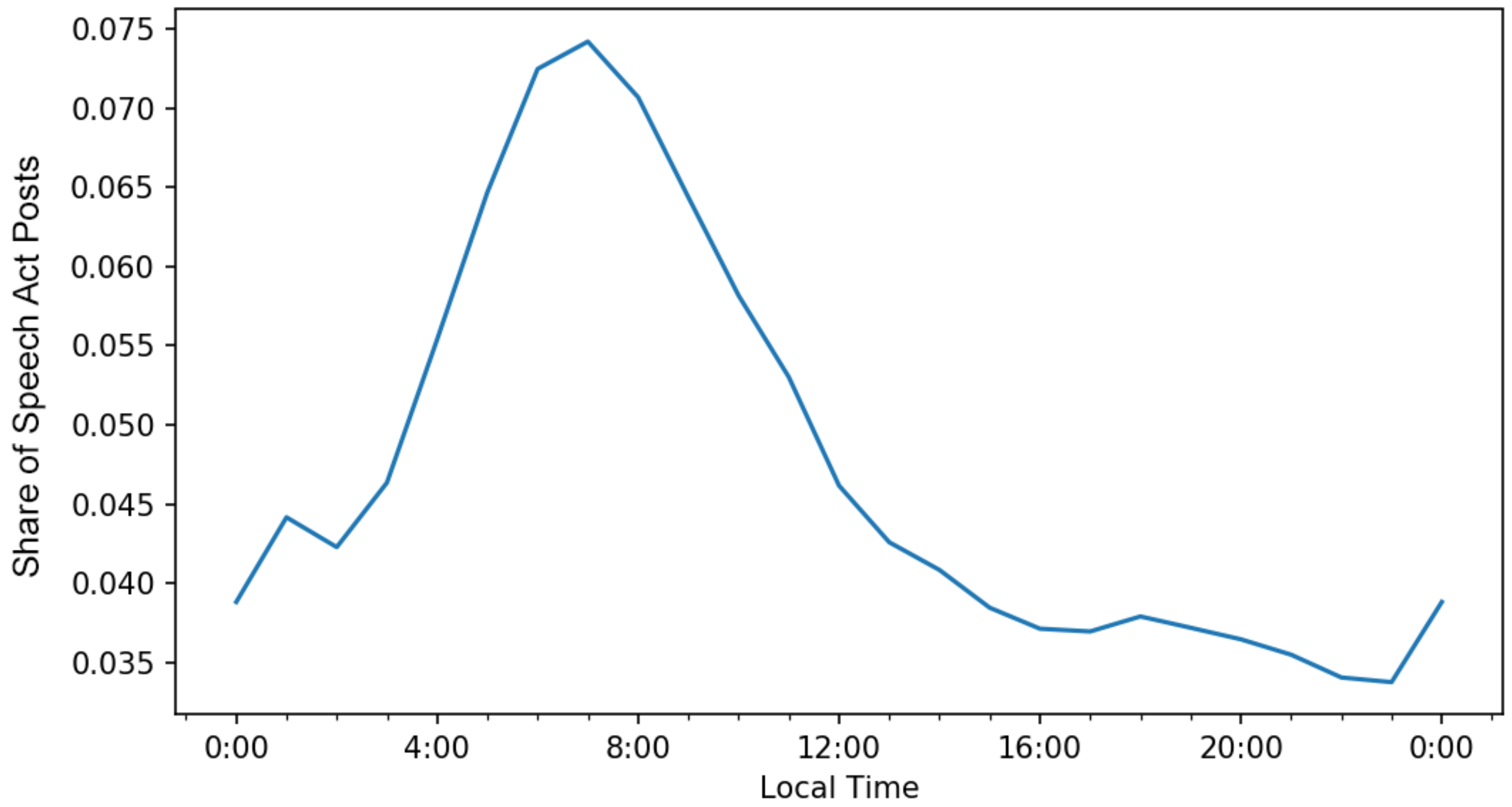
Mathematics, Free Full-Text
Daily patterns of observable PA in local time.
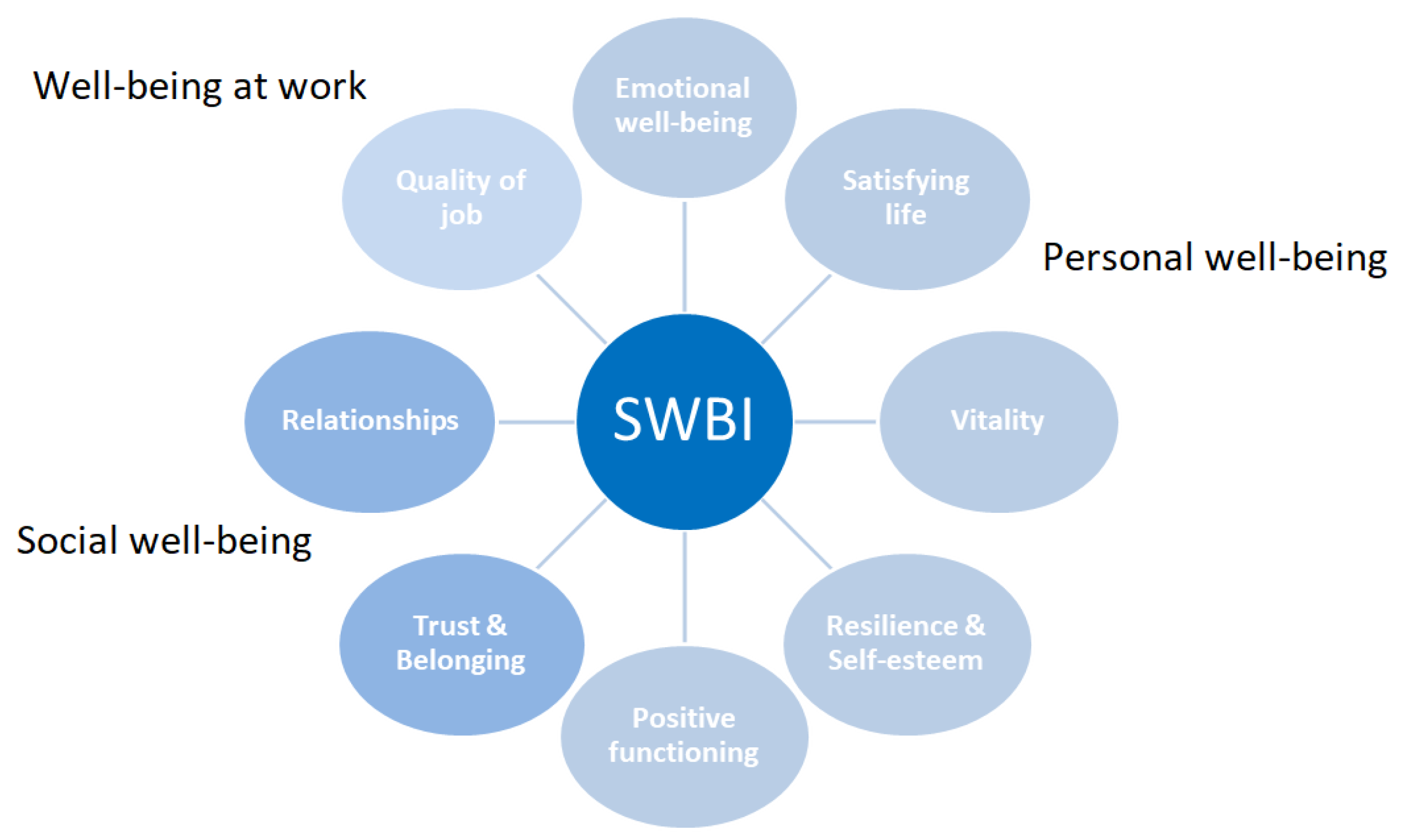
IJERPH, Free Full-Text

Circadian mood variations in Twitter content - Fabon Dzogang, Stafford Lightman, Nello Cristianini, 2017
de
por adulto (o preço varia de acordo com o tamanho do grupo)







